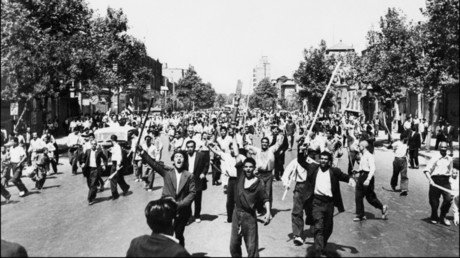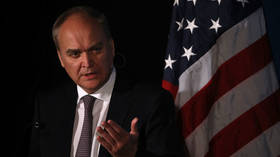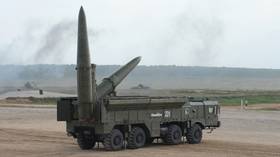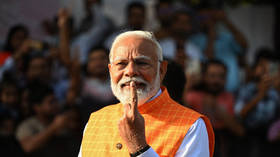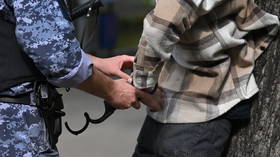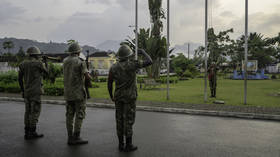UK should admit role in Iran coup – ex-foreign secretary
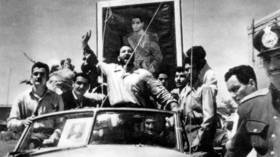
The UK government should acknowledge its role in inciting the 1953 coup in Iran that toppled the democratically elected leader, Mohammad Mosadegh, former British foreign secretary David Owen has said.
Owen, who served as London’s top diplomat between 1977 and 1979, said in comments published by the Guardian on Tuesday that by admitting its part in the coup, which took place 70 years ago this week, the UK would enhance Britain’s credibility across the globe, and bolster the Iranian reform movement.
“There are good reasons for acknowledging the UK’s role with the US in 1953 in overthrowing democratic developments,” Owen told the newspaper. “By admitting we were wrong to do so and damaged the steps that were developing towards a democratic Iran, we make reforms now a little more likely.”
The United States formally admitted its part in the scheme to overthrow Mosadegh – originally codenamed ‘Operation Boot’ – ten years ago when it declassified a trove of intelligence documents which revealed it to be a joint operation by the CIA and MI6.
The United Kingdom’s official position is that it does not comment on matters of intelligence.
The UK first drafted the coup plans after Mosadegh was appointed as Iran’s prime minister in 1951 following the nationalisation of a British oil company in the country. Initially, the US government led by Harry Truman rejected British overtures. However, prime minister Winston Churchill successfully petitioned Truman’s successor, Dwight Eisenhower, to collaborate on the effort.
UK and US intelligence services began planning the operation, renamed ‘Ajax,’ in early 1953. According to declassified documents the operation sought regime change by bribing Iranian politicians, high-ranking security and army officials, and a massive anti-Mossadegh propaganda campaign that helped instigate a public revolt. The coup then brought Shah Mohammad Reza Pahlavi back to power.
Owen argues, though, that the Western undermining of Iranian democracy directly contributed to the shah’s regime subsequently falling in the Islamic Revolution of 1978.
